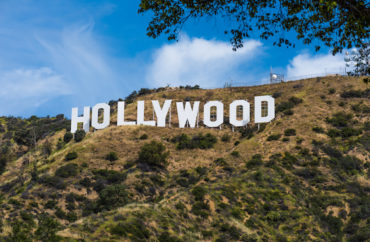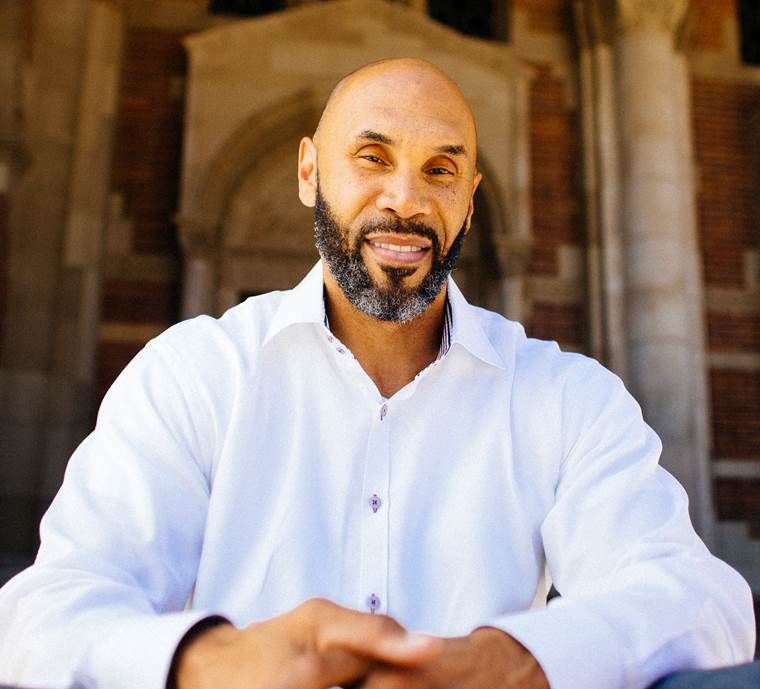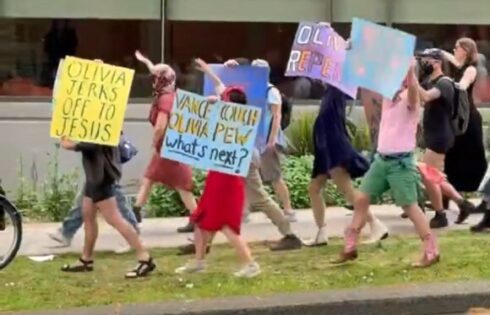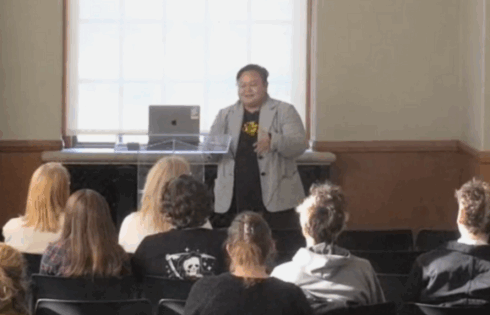
But so what? Just make good stuff
UCLA has been publishing a “Hollywood Diversity Report” every year now for the last decade (how did I miss this?), and the latest edition indicates progress … along with some “stagnation.”
According to the Daily Bruin, the report (which was partly funded by Netflix and Disney, among others) notes diversity “on- and off-screen” improved in 2023, but the quantity of female directors (and, I assume, those who merely identify as female) remained about the same.
Notably, there was about an eight-percent increase in the number of lead actors identifying as “Black, Indigenous or other people of color.”
Still, report co-author Michael Tran, a UCLA PhD candidate in sociology, said “you’d still have to double the amount of people of color in most of these roles to reach proportionate representation with the rest of the country.”
UCLA Executive Vice Chancellor and Provost Darnell Hunt, who’s been involved in the diversity report from day one, said the post-George Floyd era could have accounted for the greater diversity since 2020 as “many major studios pledged to create more inclusive films.”
Hunt (pictured) said he and his team will be “keeping an eye” on whether the diversity-positive trend continues, especially given “conservative backlash” against DEI — diversity, equity, and inclusion — measures.
Of course, as the country has changed over the decades, so too have films — and who’s in them. But the vast majority of people, conservatives included, couldn’t care less about the race of a film’s protagonist or cast. Unlike Hunt, Tran, et. al. they don’t sit there with little notepads checking off “diversity/inclusion” boxes during the 2-3 hours of film time. They just want to watch a good story that entertains them.
MORE: Academics hijacked a famous 100-greatest-movies list
You’ll find these bean-counters typically among the progressive elite, and let’s face it — it’s only because of their status and position that issues like this are considered “important.” It’s like the term “latinx” — normal people don’t use it. Only the granola-eating, Birkenstock-wearing wine-and-cheese crowd does.
 The UCLA study even has excuses for diversity-heavy flops the black female-directed “The Marvels” and woman-studded “Madame Web.” The latter was so bad even The Guardian couldn’t stand it.
The UCLA study even has excuses for diversity-heavy flops the black female-directed “The Marvels” and woman-studded “Madame Web.” The latter was so bad even The Guardian couldn’t stand it.
The report partly blames “superhero fatigue” for the films’ abysmal box office performances, and this, “along with the actors’ strike and announced shift in direction by DC Comics […] BIPOC directors had more obstacles to overcome than their White male counterparts who had dominated the position for at least a decade.”
It also quotes “Madame Web” star Dakota Johnson claiming it “feels” like it is “difficult it is to get female-centered projects produced” in Tinseltown. Yeah, muh feels.
Politically liberal critics on social media of course brought up the tired refrain that audiences still have a problem with powerful women in leading roles. Which certainly is news to us who grew up with the “Alien” and “Terminator” franchises, among others.
They also conveniently forget that 2019’s “Captain Marvel” — whose protagonist Brie Larson also was a major figure in “The Marvels” — make over $1 billion at the box office, and had the “biggest opening for a female-led film.”
The report concludes:
If Hollywood sacrifices the progress it made on diversity, how will it sustain itself? Any new version of Hollywood needs to prioritize investing in diversity in front of and behind the camera. If movie studios disregard the findings from this report series that highlight the importance of giving increasingly diverse audiences the films they want to see, they do so at their own peril.
Nah. Common sense dictates that more investment in well-written and well-acted films with less progressive sermonizing would be the best idea for Hollywood.
But what do I know? I’m just a working class, meat-and-potatoes straight white guy.
MORE: Professor whines new ‘Spider-Man’ flick isn’t sufficiently diverse
IMAGES: Kirk Wester/Shutterstock.com; UCLA
Like The College Fix on Facebook / Follow us on Twitter







Please join the conversation about our stories on Facebook, Twitter, Instagram, Reddit, MeWe, Rumble, Gab, Minds and Gettr.